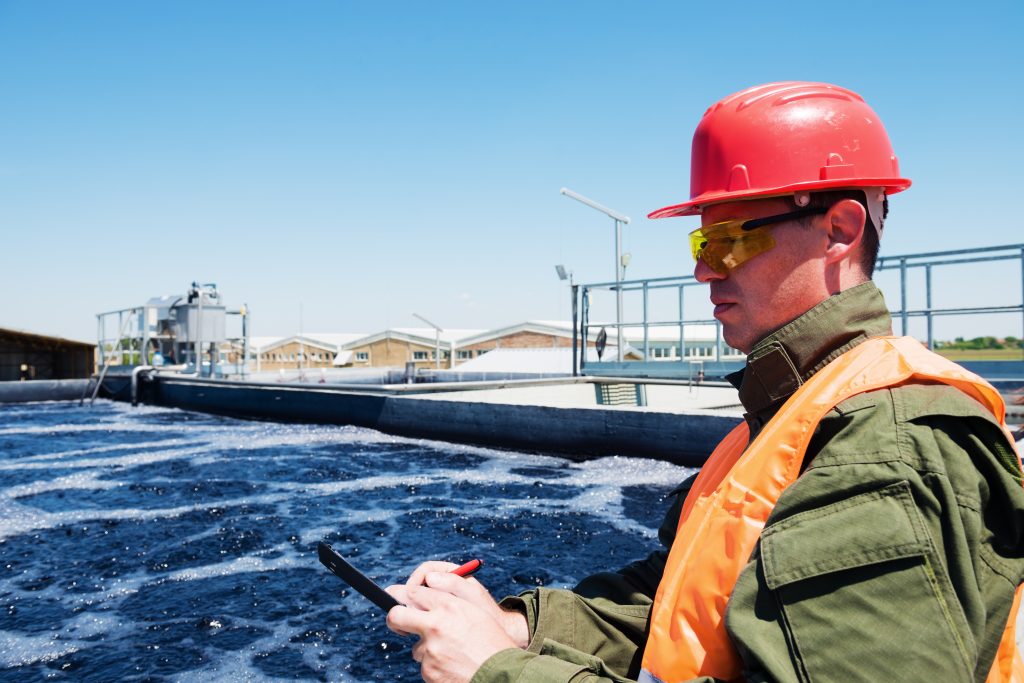The use of different water treatment technologies led the Piqua water treatment plant in Ohio. Piqua’s new water treatment plant became operational on June 1 with the same basic treatment process, yet it became more modernized through computer assistance.
Filter Tech
The elimination of chlorine gas usage for disinfection served as one new feature of the facility, as well as using new filter underdrains that allow higher filter flow rate and longer filter runs. Filter underdrains, which are sourced from water treatment equipment suppliers such as Ashton Tucker Water Treatment, are the last defense of the water filtration process against solid particles.
Bob Jennings, an assistant water superintendent, said that the developments marked a progressive step. The facility’s staff has been able to transition well “coming from the 1925 facility with almost zero technology to the new plant and all of its modern features,” according to Jennings. One of the best features is the installation of Granular Activated Carbon (GAC) filters, which “polish” the water at the end of the treatment process.
The filters improve the process by protecting the drinking water supply from any formation of toxic algae blooms. These are also useful in preventing the occurrence of Trihalomethanes, which is the by-product caused by chlorine reacting to organic matter in water.
No Violations
The use of new technology will further help the city in sustaining its good performance from an environmental perspective. Despite having an old treatment plant, the U.S Environmental Protection Agency did not cite the City of Piqua Municipal Water System for any violations.
The use of new filter technology has been evident not only in Ohio but also in other states. A similar facility in Punta Gorda, Florida was able to save an estimated $65,000 per year, due to a 42% decline in backwash water consumption.
Filters are arguably among the most important equipment for every water treatment facility, which is why the public and private sector should invest in technology to enhance filter processes.

